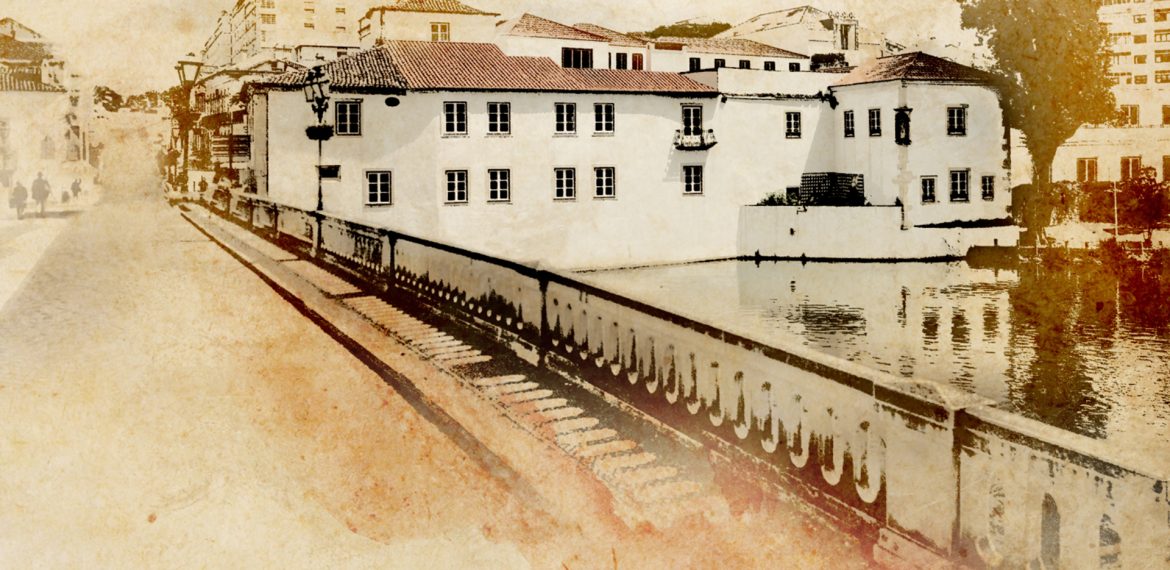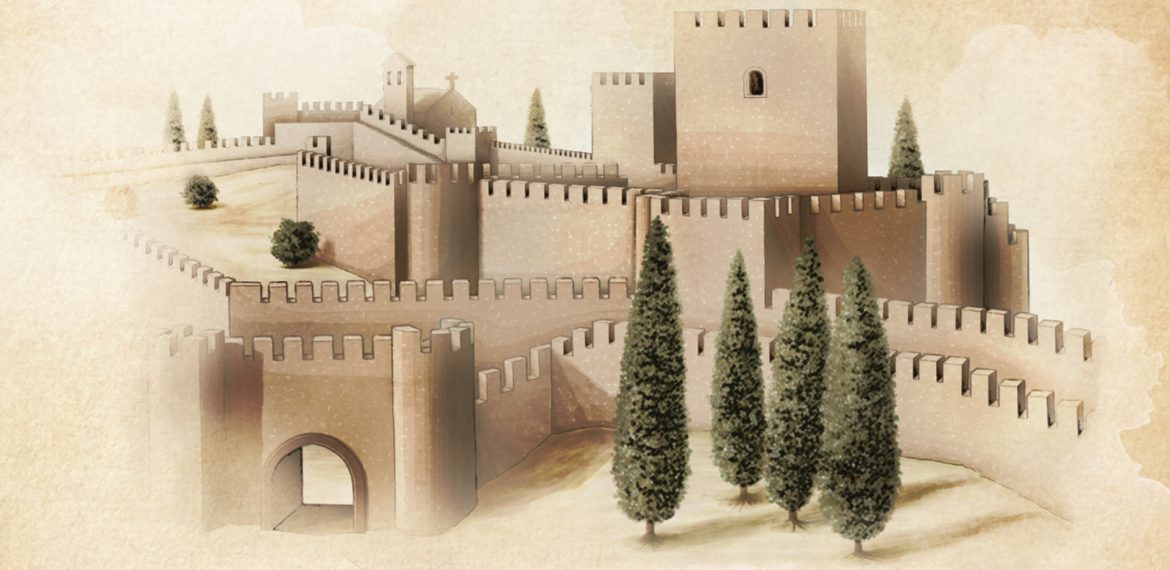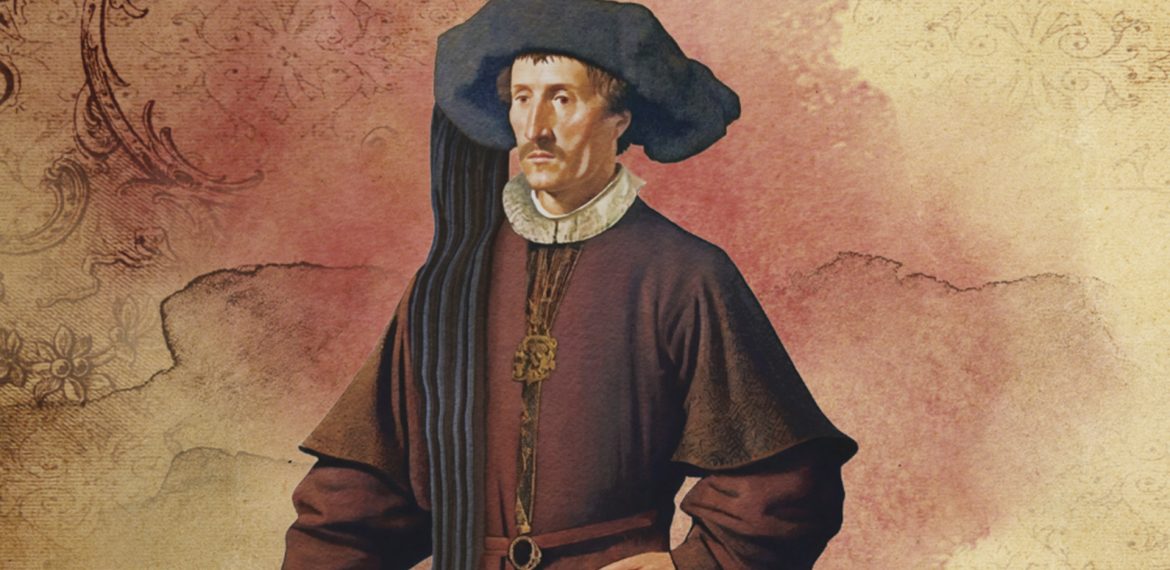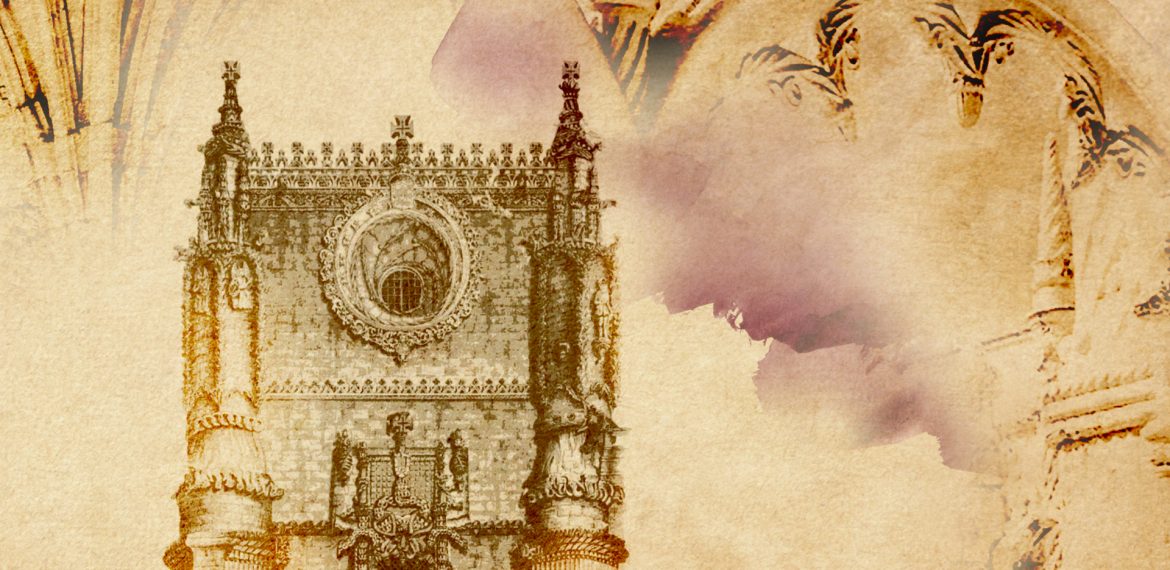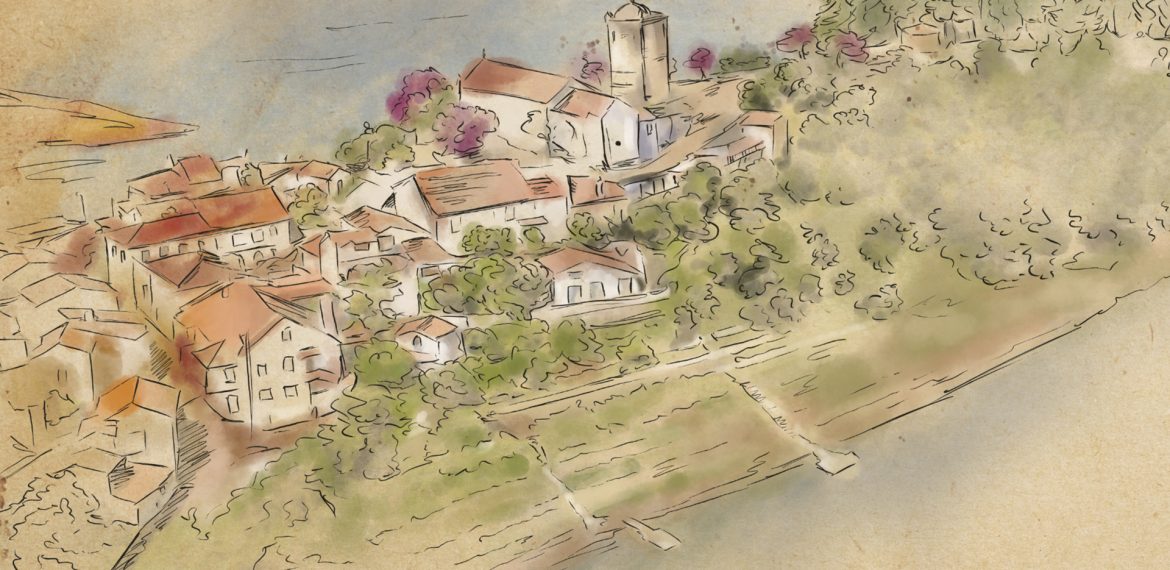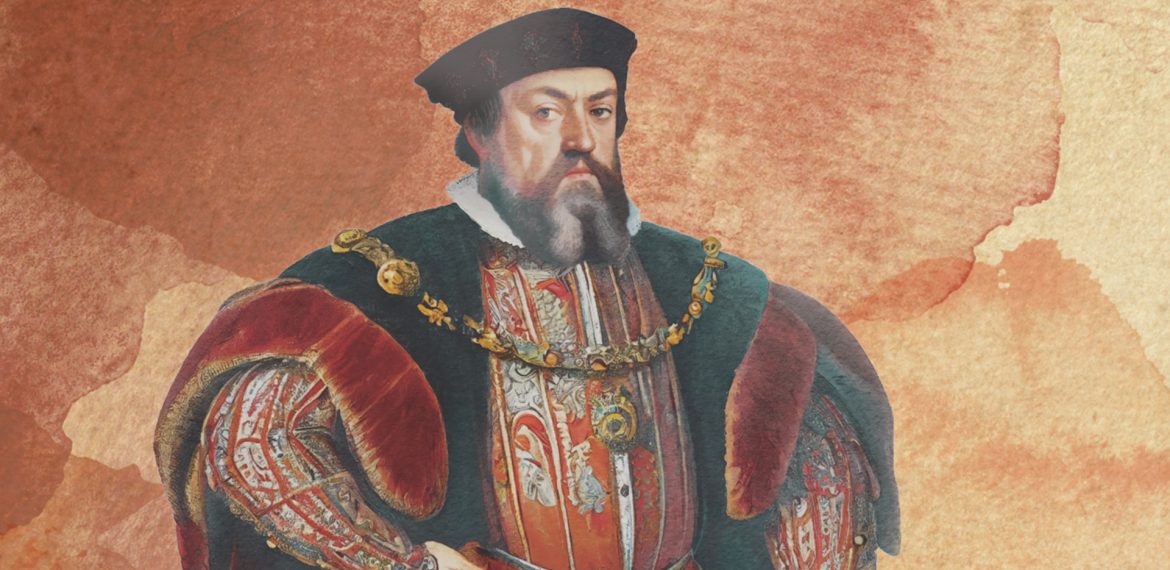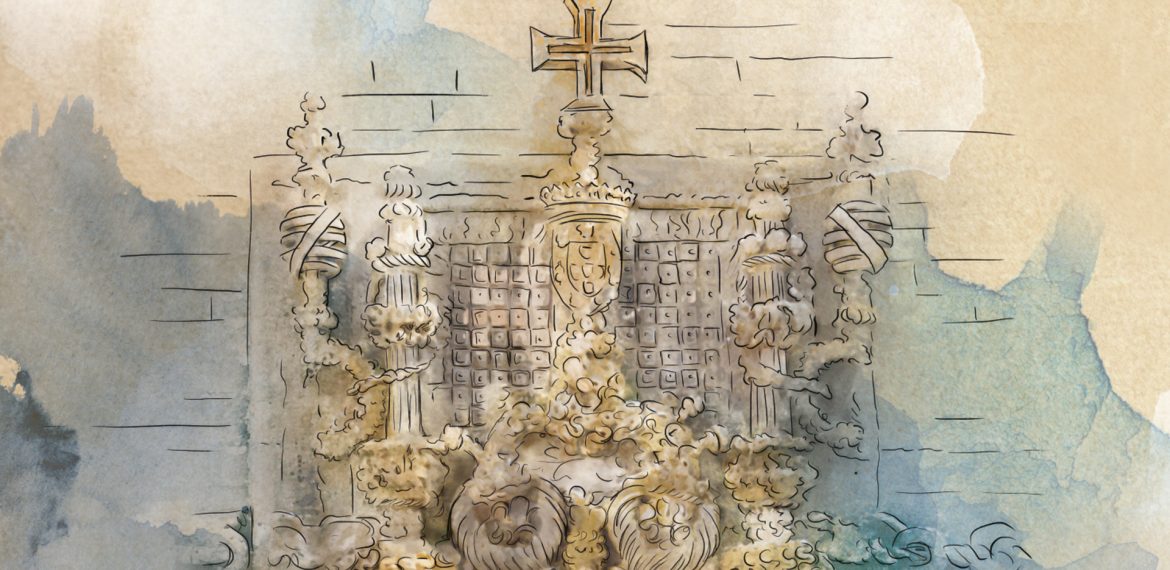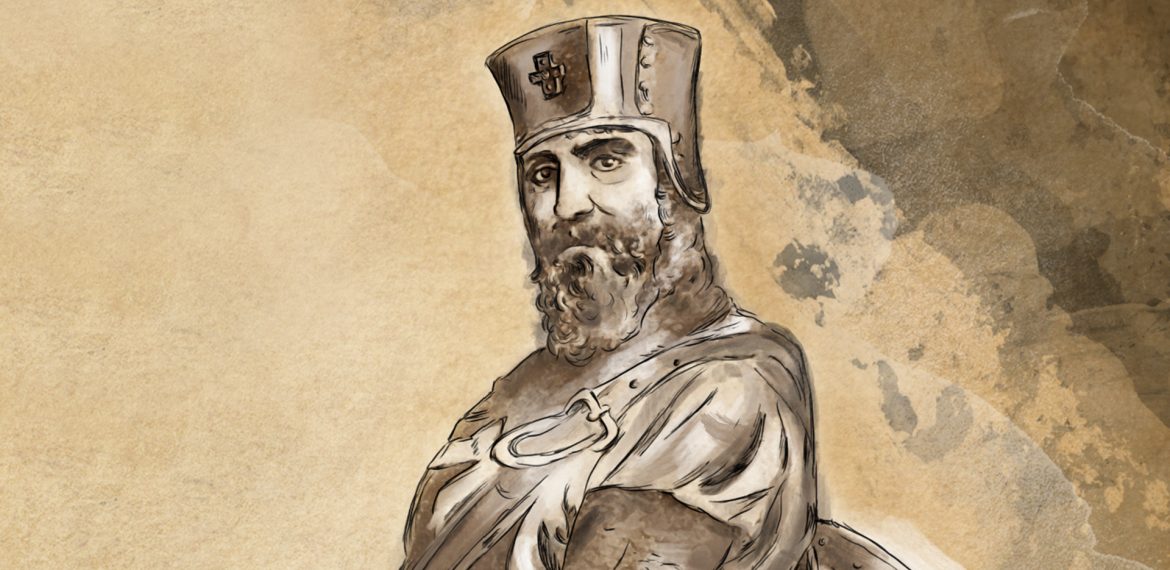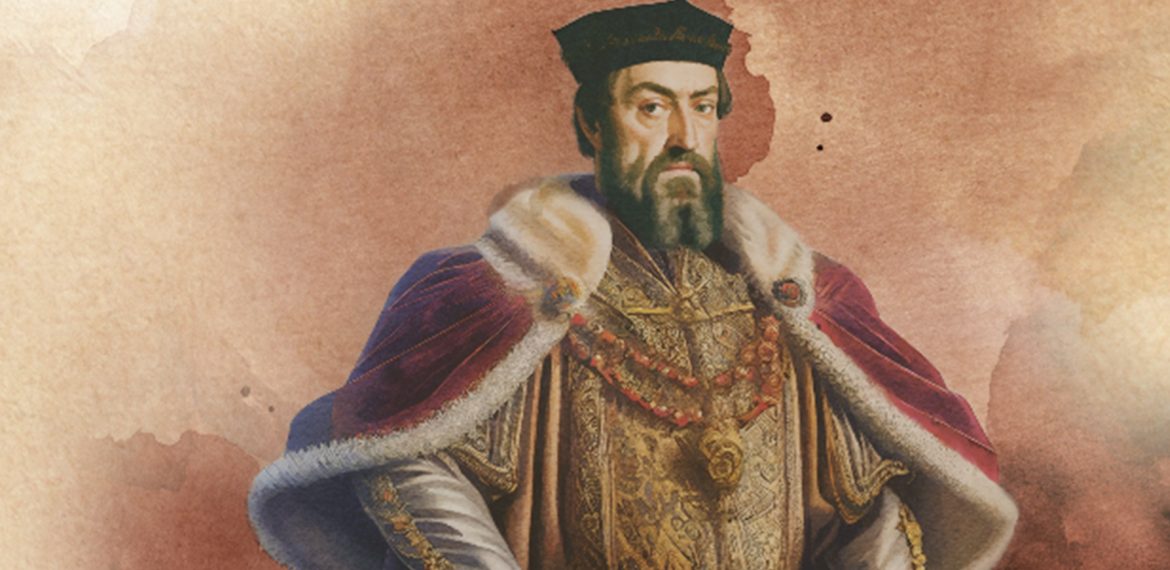Contents
Vila Galé Collection Tomar
The Santa Iria Convent was an ancient monastery of Poor Clares built in the early 16th century on the very spot where, according to tradition, Saint Irene (Santa Iria) was beheaded and thrown into the waters of the Nabão River. An expression of Manueline, Renaissance, and Mannerist art, the convent
Zêzere Castle is the only one of the castles built by the Portuguese Templars at the time when D. Gualdim Pais was Master of the Order that has completely disappeared. It was built in the second half of the 12th century, possibly on top of an older one, due to
Prince Henry the Navigator is the main protagonist of the Portuguese Discoveries and the mentor of the discovery and settlement of the Azores archipelago. A member of the Great Generation, he was the third of the six surviving children of King John I and Filipa de Lencastre, and was born
The Manueline is an artistic style that prevailed during the reign of King Manuel I (1495-1521), mediating between the late Gothic and Renaissance language, which synthesises artistic discourses such as Flamboyant Gothic, Spanish Plateresque, and Peninsular Mudejar art. In architectural terms, the Manueline fully conformed to the prevailing canons of
The Dornes Tower is one of the most unusual Templar monuments in Portugal. Located in the municipality of Ferreira do Zêzere, it is set on a buttress over the Zêzere river, from where it overlooks it and enjoys a magnificent panorama. Presumably built on a pre-existing structure dating from the
King John III is one of the most celebrated Portuguese monarchs. Heir to a vast maritime empire that stretched across the Orient, Africa and the Americas, he ruled Portugal and its vast domains between 1521 and 1557. He was the first-born son of King Manuel I’s second marriage to Maria
King Dinis was one of the most illustrious Portuguese monarchs. The son of Afonso III and Beatrice of Castile, he was born on 9th October 1261 and became the sixth king of Portugal. When he ascended the throne in 1279, he promoted important reforms in medieval Portugal, which earned him
The Convent of Christ is one of the most important monumental complexes of Portuguese cultural heritage. Originally designed as the oratory of the Knights Templar – the Charola – which was completed in 1190, it was part of the vast complex of buildings commissioned by Dom Gualdim Pais, including the
D. Gualdim Pais is the most relevant personality in the history of Tomar and one of the inevitable protagonists of the foundation of our nationality. Born in the region of Braga, probably in Terra de Faria, and coming from a family of the small nobility of Minho, he was the
King Manuel I was one of the most famous Portuguese monarchs, reigning over four continents and three oceans. Known as the Fortunate One, he ruled between 1469 and 1521, 26 years marked by a period of great navigations and discoveries. As the fifth king of the dynasty of Avis, and
Categories
Latest Posts
- 15 de February, 2023
- 29 de September, 2017
- 29 de September, 2017
- 29 de September, 2017
- 29 de September, 2017

